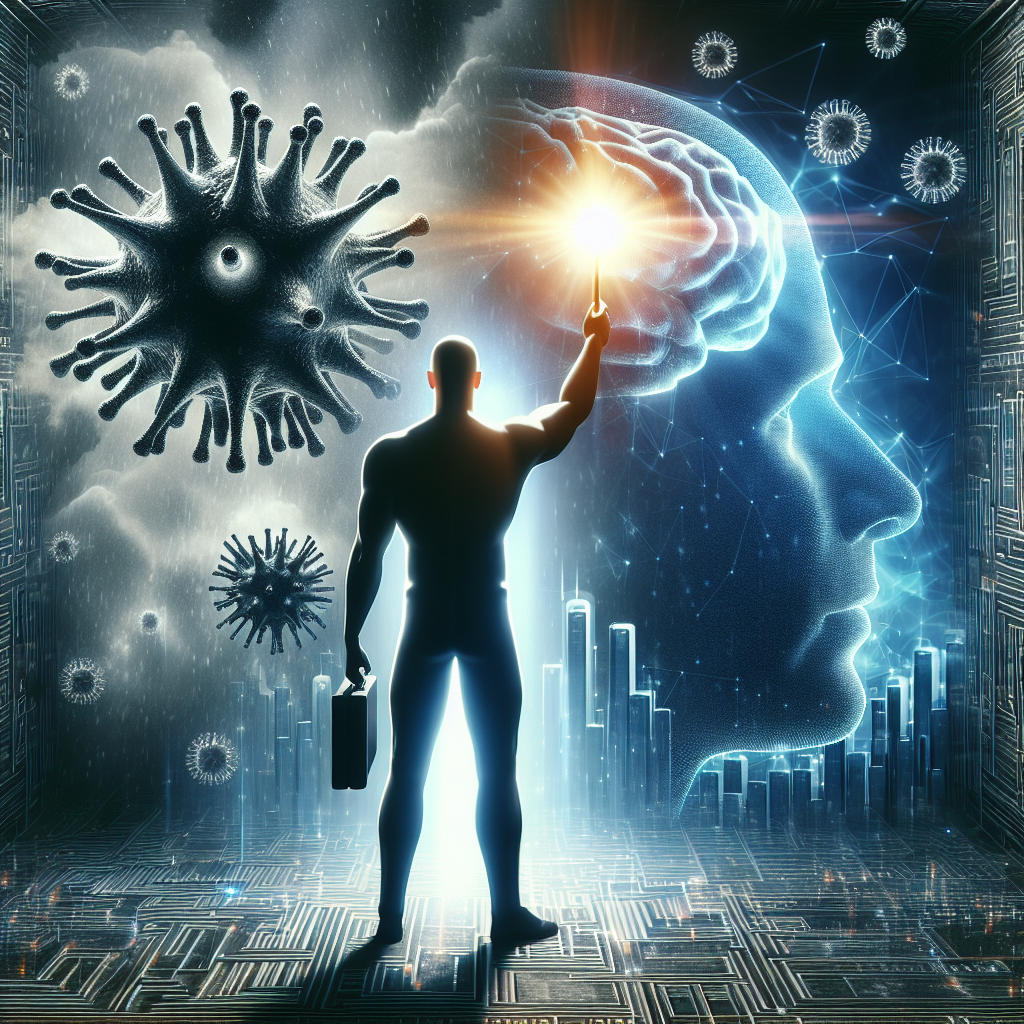In a recent commentary, Paul Craig Roberts discusses Elon Musk’s ideological transformation from a liberal alignment to a more conservative stance, which he attributes to personal tragedy. According to Roberts, Musk’s shift was influenced by a traumatic experience involving his son, Xavier, who allegedly faced serious mental health struggles linked to the influence of contemporary liberal ideologies. Roberts quotes Musk, who claims to have been misled regarding the effects of puberty blockers, suggesting that this misunderstanding contributed to Xavier’s demise. This revelation is presented as a turning point for Musk, leading him to oppose what Roberts refers to as the “woke mind virus,” a derogatory term for progressive cultural ideas.
Roberts paints a grim picture of the current educational environment, arguing that public schools are damaging the mental health and identities of children, particularly boys. He claims that these institutions foster doubts in male students and promote sexualization among young girls, leading to early sexualization and the use of contraceptives among pre-teens. He expresses frustration directed at parents who continue to send their children to public schools and who support Democratic policies that he believes contribute to this decline. The commentary suggests that many parents are unaware or indifferent to the content being taught in schools, prompting a renewed call for scrutiny of educational practices.
The overarching theme of Roberts’ argument is the perceived danger of radical liberal ideologies infiltrating the education system and potential consequences for future generations. He implies that the acceptance of these ideologies is widespread among the elite, including Musk himself, before drawing attention to Musk’s newly adopted conservative beliefs. The narrative portrays Musk’s transformation as a moment of clarity that other parents might also experience, should they confront the often-hidden agenda of modern schools. Thus, Roberts positions Musk as a figure whose personal hardships have led to a broader political awakening against perceived cultural threats.
This worldview presented by Roberts advocates for parental awareness and action against what he sees as destructive ideologies proliferating in educational institutions. He questions the intelligence and agency of parents who remain uninformed or complicit in supporting systems that he believes undermine their children. The critique is not limited to schools but extends to the societal acceptance of leftist ideologies that Roberts argues contribute to an environment hostile to traditional values and norms, particularly for young boys. This perspective offers a glimpse into a deeply polarized view on contemporary cultural issues, emphasizing the urgent need for a reevaluation of current educational practices.
Roberts’ commentary does not merely stake a claim for Musk as a conservative; it frames him as a martyr-like figure fighting against an insidious cultural narrative that harms families. By utilizing Musk’s personal narrative, Roberts seeks to galvanize a broader movement among parents and influencers to collaborate in opposing what he perceives as dangerous ideologies that could jeopardize future generations. This emphasis on a personal journey ties into a larger narrative of resistance against perceived systemic decline, with Musk’s experience serving as a catalyst for potential change within the broader societal framework.
Finally, the commentary concludes with a strong emphasis on the need for vigilance among parents regarding the influences on their children from both educational systems and broader societal structures. Roberts encourages a movement towards rejecting and dismantling what he refers to as the “woke mind virus,” calling for awareness, education, and action to protect children’s innocence and future. By leveraging the story of a high-profile figure like Musk, Roberts aims to resonate with a concerned audience, fostering a dialogue around parental responsibilities in shaping the values and beliefs of the next generation in a rapidly changing cultural landscape.

